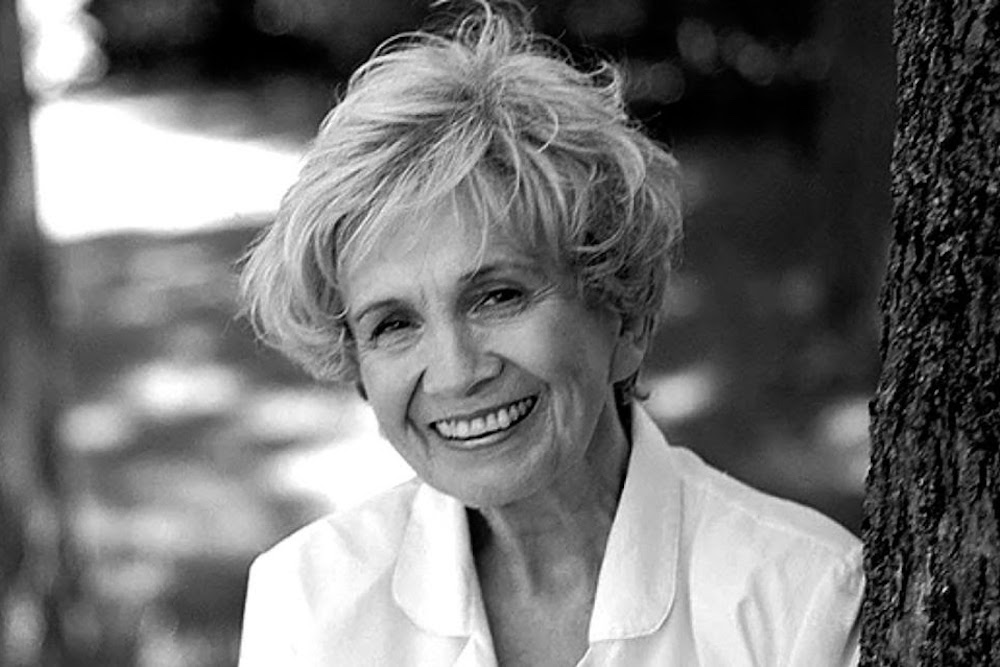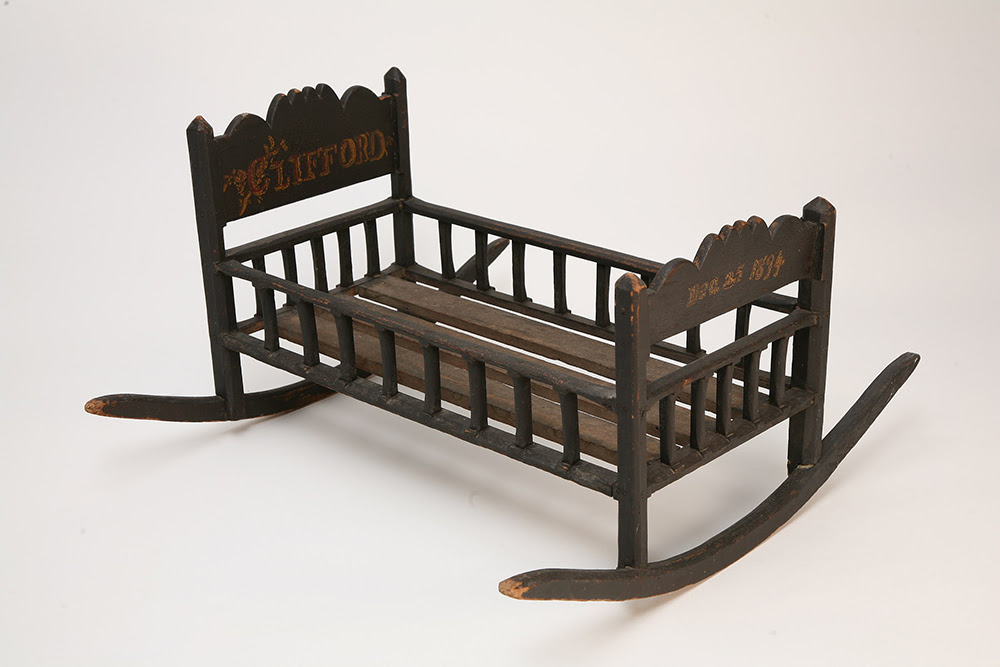Every week, the editors of The Paris Review lift the paywall on a selection of interviews, stories, poems, and more from the magazine’s archive. You can have these unlocked pieces delivered straight to your inbox every Sunday by signing up for the Redux newsletter.
This week at The Paris Review, in honor of Mother’s Day, we’re thinking of motherhood and children and the work behind parenting. Read on for Alice Munro’s Art of Fiction interview, Lorrie Moore’s short story “Terrific Mother,” and Camille Dungy’s poem “The Average Mother Now Spends Twice as Many Hours on Childcare as Did Her Counterpart in 1965, and She Also Spends Three Times as Many Hours Working Outside the Home; or, How to Sing a Song of Sixpence When You’re Really Feeling Wry.”
If you enjoy these free interviews, stories, and poems, why not subscribe to The Paris Review and read the entire archive? You’ll also get four new issues of the quarterly delivered straight to your door. And for as long as we’re flattening the curve, The Paris Review will be sending out a new weekly newsletter, The Art of Distance, featuring unlocked archival selections, dispatches from the Daily, and efforts from our peer organizations. Read the latest edition here, and then sign up for more.
Alice Munro, The Art of Fiction No. 137
Issue no. 131 (Summer 1994)
INTERVIEWER
Doesn’t any young artist, on some level, have to be hard-hearted?
MUNRO
It’s worse if you’re a woman. I want to keep ringing up my children and saying, Are you sure you’re all right? I didn’t mean to be such a . . . Which of course would make them furious because it implies that they’re some kind of damaged goods. Some part of me was absent for those children, and children detect things like that. Not that I neglected them, but I wasn’t wholly absorbed. When my oldest daughter was about two, she’d come to where I was sitting at the typewriter, and I would bat her away with one hand and type with the other. I’ve told her that. This was bad because it made her the adversary to what was most important to me. I feel I’ve done everything backwards: this totally driven writer at the time when the kids were little and desperately needed me. And now, when they don’t need me at all, I love them so much. I moon around the house and think, There used to be a lot more family dinners.
Terrific Mother
By Lorrie Moore
Issue no. 124 (Fall 1992)
Although she had been around them her whole life, it was when she reached thirty-five that holding babies seemed to make her nervous—just at the beginning, a twinge of stage fright swinging up from the gut. “Adrienne, would you like to hold the baby? Would you mind?” Always these words from a woman her age looking kind and beseeching—a former friend, she was losing her friends to babble and beseech—and Adrienne would force herself to breathe deep. Holding a baby was no longer natural—she was no longer natural—but a test of womanliness and earthly skills. She was being observed. People looked to see how she would do it. She had entered a puritanical decade, a demographic moment—whatever it was—when the best compliment you could get was: You would make a terrific mother. The wolf whistle of the nineties.
The Average Mother Now Spends Twice as Many Hours on Childcare as Did Her Counterpart in 1965, and She Also Spends Three Times as Many Hours Working Outside the Home; or, How to Sing a Song of Sixpence When You’re Really Feeling Wry
By Camille Dungy
Issue no. 230 (Fall 2019)
We flew through a thunderstorm on our way into
Pittsburgh, landing without incident, but a hailstorm
descended, delaying our bags.Forty minutes.
One hour.When we got into the Town Car, both the driver and his
wife’s well-timed pot roast were burning.When he started driving, the baby started screaming.
She wouldn’t stop screaming …
If you like what you read, get a year of The Paris Review—four new issues, plus instant access to everything we’ve ever published.
from The Paris Review https://ift.tt/3dEopFt



Comments
Post a Comment